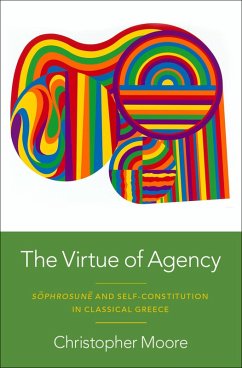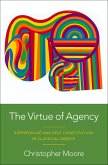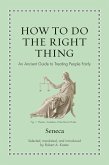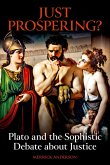S?phrosun? (?self-discipline?) is the often-forgotten sibling of justice, wisdom, courage, and piety in discussions of canonical Greek virtues. Christopher Moore shows that during the classical period it was the object of significant debate--about its scope, its feel, its practical manifestations, and its value. By interpreting
s?phrosun? as a commitment to norm-following, we see that these pointed discussions of the virtue, previously ignored as parodic moralizing or expressions of political propaganda, are in fact concerned with the ideal of human agency. These discussions query the way we become fully responsible for our actions. Greek thinking about
s?phrosun? becomes thinking about self-constitution, our crucial capacity to act on the general reasons that we come to identify with as our own. This perspective explains
s?phrosun?'s inclusion in Plato's canon of virtues, and before that its frequent appearance in funerary inscriptions, elegiac poetry, tragic drama, and historiography. It also explains the analytic attention given to it by Heraclitus, the Sophists, the historians, Socrates, Xenophon, and Plato. Moore deals principally with the classical period, though the book includes one chapter addressing earlier poetry and another addressing the virtue in two gender-sensitive post-classical works. An appendix deals with the epigraphic material. For the Greeks (and perhaps for us) there is a virtue of agency, an acquirable capacity to be guided by what's best. Hardly just a concern for reticence and reserve, commitment to
s?phrosun? is a commitment to whatever it is that makes us truly ourselves.
Dieser Download kann aus rechtlichen Gründen nur mit Rechnungsadresse in A, B, BG, CY, CZ, D, DK, EW, E, FIN, F, GR, HR, H, IRL, I, LT, L, LR, M, NL, PL, P, R, S, SLO, SK ausgeliefert werden.










